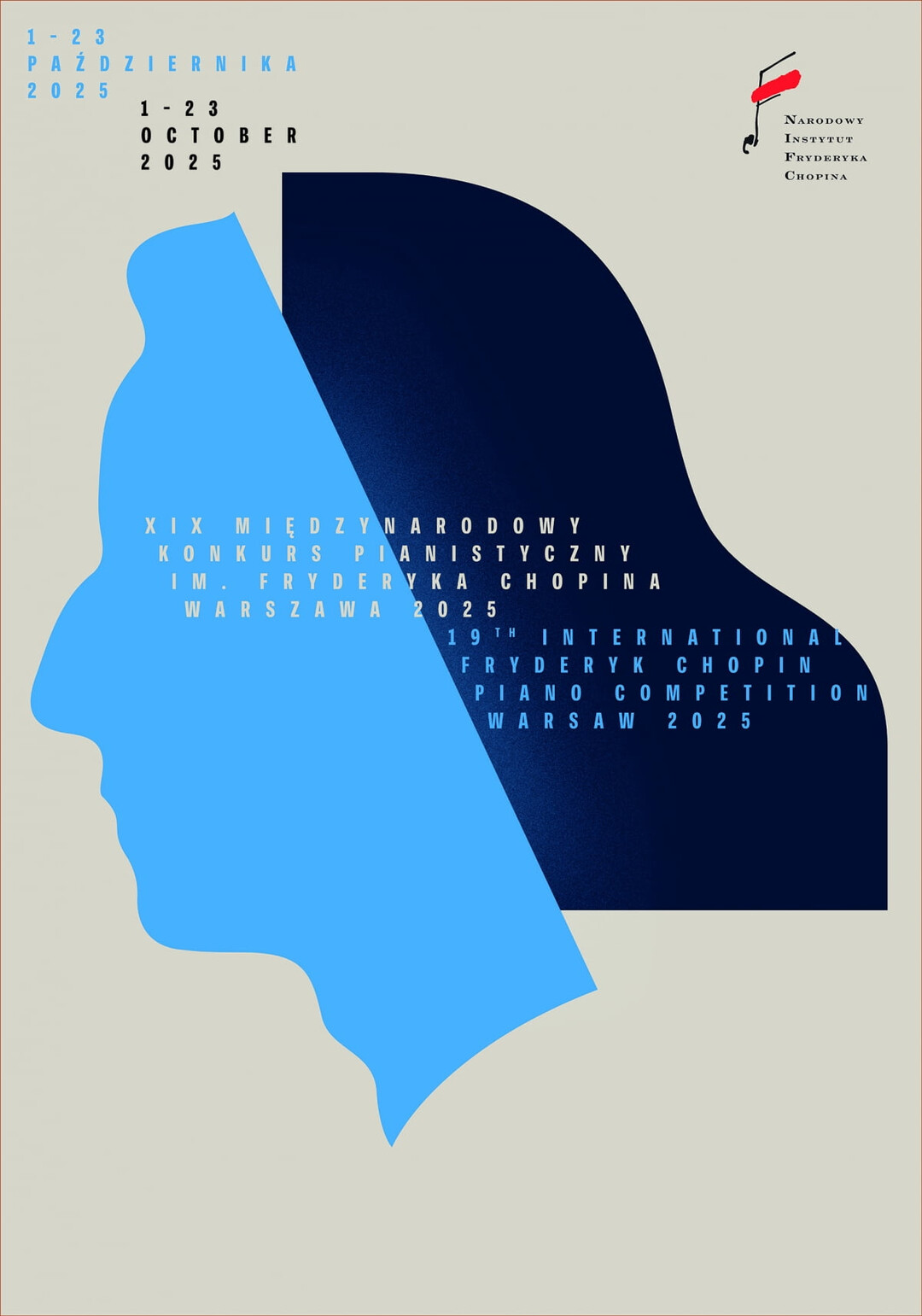
WARSAW, Poland—The "Olympics of the Keyboard," the 19th International Fryderyk Chopin Piano Competition, officially commenced today, October 2nd, in Warsaw. Held every five years, this highly prestigious event is a crucial springboard for young pianists, launching the careers of legends like Maurizio Pollini, Martha Argerich, Krystian Zimerman, and more recently, Seong-Jin Cho and Bruce Liu.
This year's competition drew a record 642 applicants from 54 countries. Following rigorous preliminary rounds held in April and May 2025, the field was dramatically narrowed to 84 finalists from 20 nations. These elite musicians will now compete through three competitive stages, culminating in the Final Round, where the ultimate victor will be announced on October 20th.
A Global Stage for Chopin's Music
The competition's roster highlights the rising power of Asian pianists, particularly from China, which leads the pack with 29 participants in the main stages. Japan follows with 13 competitors, demonstrating a strong representation from the region. Host country Poland has 13 finalists, while Canada and the United States each have five. In total, 20 countries are represented, underscoring the competition's global significance.
A key point of interest this year is the presence of four Korean pianists, including the Lee brothers, Hyuk and Hyo. Hyuk Lee is a seasoned competitor who won the Long-Thibaud-Crespin Competition in France in 2022 and was a finalist at the 2021 Chopin Competition. His younger brother, Hyo Lee, is also making a name for himself, having placed third at the 2025 Long-Thibaud-Crespin Competition. Their simultaneous presence in the competition has drawn comparisons to the renowned Lim brothers, Dong-Min and Dong-Hyek, who tied for third place in 2005. The other two Korean pianists are Kwanwook Lee and Yulia Nakashima, who holds dual Korean-Japanese citizenship.
Unwavering Focus: A Chopin-Only Repertoire
In a unique mandate, the competitors will perform only works by Fryderyk Chopin throughout the entire competition, which runs until October 23rd. The structure is designed to test every facet of a pianist's skill, technique, and artistry.
Stage I (October 3-7): The 84 participants will focus on technical mastery and basic interpretation, performing an Etude, a Nocturne, a Waltz, and one of the Ballades, Barcarolle, or Fantasie.
Stage II (October 9-12): This stage, lasting 40–50 minutes, features six Preludes from Op. 28 and a Polonaise, requiring an understanding of the Polish national dance form.
Stage III (October 14-16): The field is further narrowed, and remaining competitors must present a 45–55 minute program including a Sonata (No. 2 or 3) and Mazurkas, another traditional Polish dance form.
Finals (October 18-20): The 12 finalists will face the ultimate test: a concerto with orchestra, choosing either Chopin's Piano Concerto No. 1 or No. 2.
A notable addition to this year’s Final Round is the inclusion of the Polonaise-Fantaisie as a required piece. Musicologists suggest this 10-minute work—which demands depth and musical introspection over pure virtuosity—is intended to be a decisive factor. As Professor Jooyoung Kim of Seoul Cyber University's Piano Department noted, this piece will "contrast the outward brilliance of the concerto with the inward depth" of the Fantaisie, allowing the jury to assess the full "spectrum of expression."
A Jury of Titans and the Quest for Authenticity
The jury for the 19th edition is itself historic. For the first time, a non-Pole will serve as the jury chairman: Garrick Ohlsson, the American pianist who won the competition in 1970 and is widely recognized as a preeminent Chopin interpreter. The 17-member panel is composed of renowned pianists and Chopin specialists, including past winners like Dang Thai Son (1980) and Yulianna Avdeeva (2010), alongside figures like Kevin Kenner and Nelson Freire.
The core challenge for every competitor remains playing "Chopin-esque" music—a delicate balance of elegance, aristocratic grace, and emotional nuance. As Professor Kim summarized, the winner will ultimately be a "natural-born Chopin specialist" who excels in this demanding, single-composer repertoire.
However, the competition's legacy also reveals an irony: true global fame often comes after the win, when the victor successfully expands their repertoire beyond Chopin. This year's winner will not only earn one of classical music’s most coveted titles but will also inherit the challenge of proving their musical mastery across the full spectrum of piano literature.
[Copyright (c) Global Economic Times. All Rights Reserved.]




























